ODR platforms use technology to facilitate the resolution of disputes between parties. Amanda at Flat Fee Divorce Solutions shares some information about these platforms, as well as the pitfalls.
ODR typically offer a variety of tools and resources, such as:
- Communication Tools: Secure messaging systems, video conferencing, and document sharing to facilitate communication between parties.
- Neutral Third Parties: Access to mediators or arbitrators who can help guide negotiations and facilitate a resolution.
- Case Management Tools: Online forms, document templates, and progress tracking to help organize and manage the dispute resolution process.
- Educational Resources: Information about relevant laws, procedures, and potential outcomes to help parties understand their rights and options.
Benefits Of ODR
As a divorce lawyer can explain, ODR offers several advantages over traditional litigation:
- Convenience: Parties can participate from anywhere with an internet connection, eliminating the need for travel and court appearances.
- Cost-Effectiveness: ODR is typically less expensive than traditional litigation, with lower fees and reduced costs for travel and legal representation.
- Speed: ODR can often resolve disputes faster than traditional court processes, which can drag on for months or even years.
- Flexibility: ODR platforms often offer flexible scheduling and communication options, accommodating the needs of busy individuals.
- Informality: ODR can provide a less intimidating and more informal setting for resolving disputes, reducing stress and anxiety for participants.
Limitations Of ODR
While ODR offers many benefits, it’s important to be aware of its limitations:
- Not Suitable For All Cases: ODR is generally best suited for less complex disputes, such as those involving small claims, consumer complaints, or family law matters. Complex cases with high stakes or requiring extensive legal arguments may be better handled in traditional court.
- Limited Enforcement Power: ODR platforms may have limited power to enforce their decisions. If one party refuses to comply with the resolution, you may still need to pursue legal action in court.
- Potential For Bias: While ODR platforms strive for neutrality, there’s always a potential for bias, especially if one party is more technologically savvy or has greater access to resources.
- Lack Of Emotional Support: ODR platforms may not provide the same level of emotional support as working with an attorney who can offer guidance and reassurance throughout the process.
- Difficulty With Evidence: Presenting and authenticating evidence in an online setting can be challenging, especially if it involves physical objects or complex technical data.
When To Seek Help
While ODR can be a valuable tool for resolving certain types of disputes, it’s important to know when seeking legal advice from a qualified attorney is still necessary. Consider hiring an attorney if:
- Your case involves complex legal issues or high stakes.
- You’re unsure about your rights or options.
- You’re facing a particularly aggressive or uncooperative opponent.
- You’re concerned about potential bias or unfairness in the ODR process.
- You need emotional support and guidance through a difficult legal situation.
- ODR as a Complement to Legal Representation
ODR platforms can be a useful complement to traditional legal representation. Your attorney can advise you on whether ODR is appropriate for your case, help you navigate the ODR process, and represent your interests if further legal action becomes necessary.
Online dispute resolution platforms offer a convenient and accessible way to resolve certain types of legal disputes. However, it’s important to understand their limitations and when seeking legal advice from a qualified attorney is still crucial. By combining the benefits of ODR with the expertise of an attorney, you can increase your chances of achieving a fair and satisfactory resolution to your legal matter. Contact a lawyer near you to get their opinion on the best way to handle your case.
